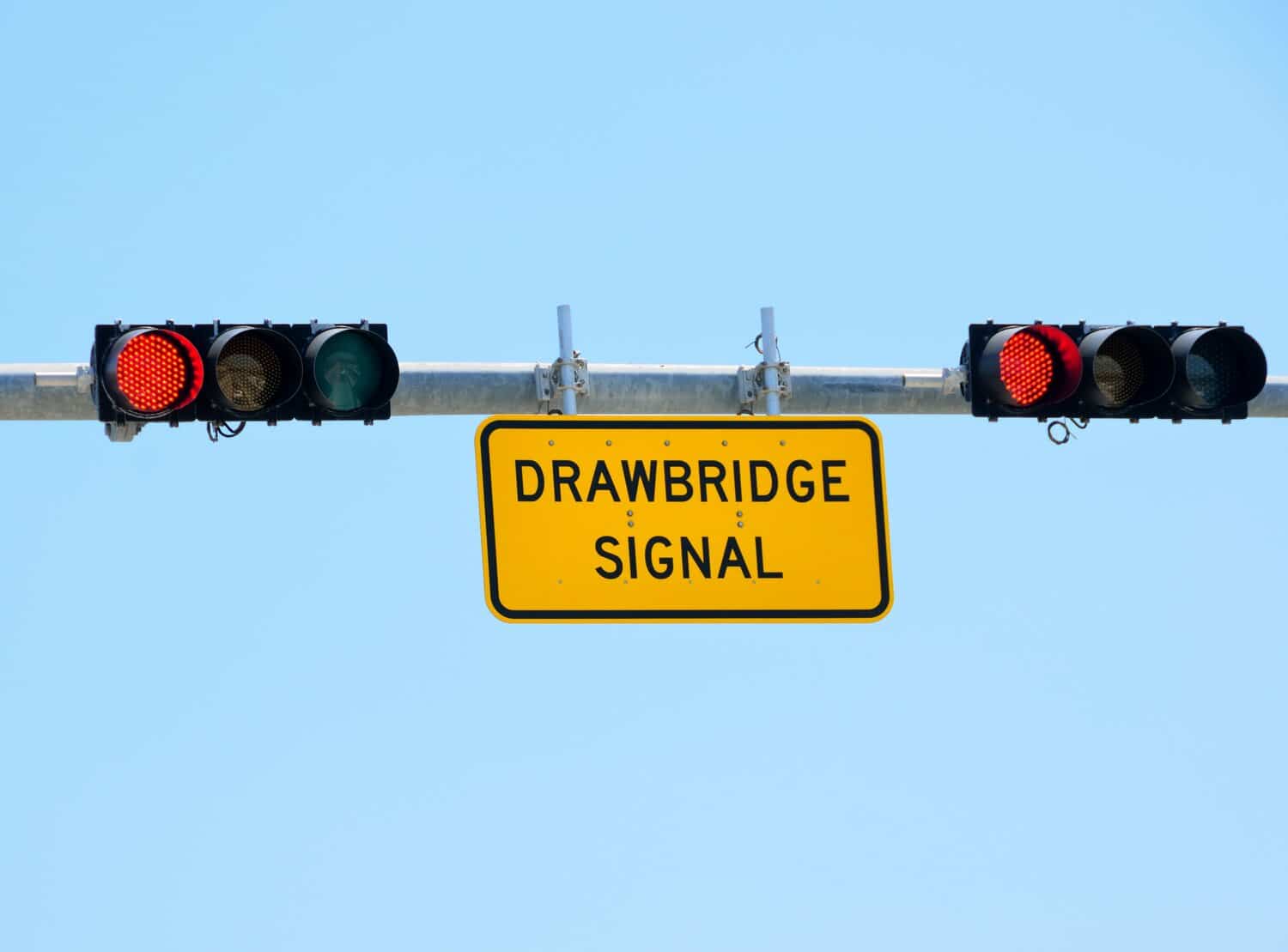The -dge ‘Blocker D’ Rule
As students develop their literacy skills, they will need to learn some expectancies to help them read and spell more challenging words. The first one we teach is the ‘dge’ rule, or Blocker D.
The letter ‘j’ will never be the last letter in an English word. You don’t use a ‘brij’ to cross over a river. So how do we spell words that end with the /j/ sound? We use Borrower G! The letters ‘ge’ at the end of a word will say /j/.
Simply adding ‘ge’ to the end can sometimes create a new problem because of the final ‘e.’ A ‘brige’ won’t get you very far. We need something to block the ‘e’ from changing the vowel sound (recall the Final E rule).
This is where ‘Blocker D’ comes in. A silent ‘d’ will block the ‘e’ from changing the vowel sound. If you end the word with ‘dge,’ your ‘bridge’ will carry you to the other side.
Therefore we need to ask two questions to see if we need to use ‘dge’ when spelling:
1. Does the vowel say its sound?
2. Is the ‘j’ sound right after the vowel?
If you answered “yes” to both questions, use blocker ‘d!’
The word ‘huge’ doesn’t need a ‘d’ because the ‘u’ is saying its name. The word ‘large’ also doesn’t need a ‘d’ because there is an ‘r’ between the vowel and the ‘ge.’







